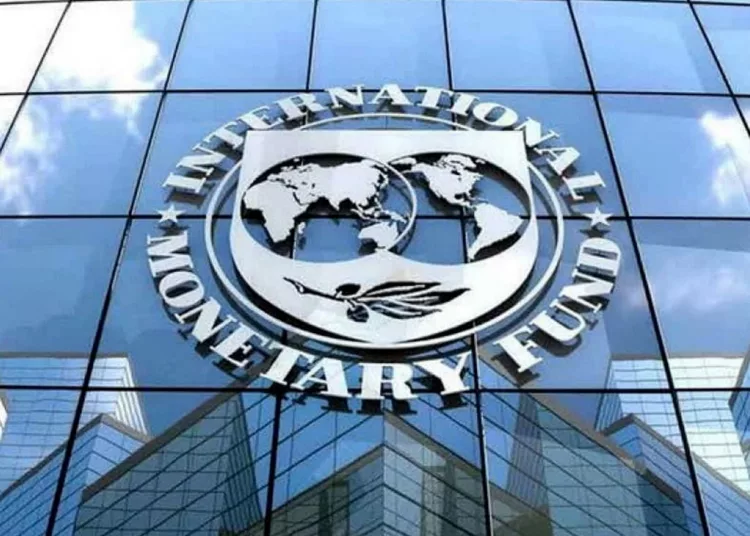Nigeria’s fiscal outlook is projected to strengthen over the medium term as the International Monetary Fund (IMF) forecast a gradual decline in the country’s gross debt-to-GDP ratio to 41.4 per cent by 2026, down from 42.2 per cent in 2025 in its latest Fiscal Monitor report for October.
The IMF, in the report released in Washington DC on Wednesday noted that Nigeria’s public debt profile is expected to stabilise between 41.1 and 41.4 per cent of GDP from 2027 through 2030, signalling improved fiscal discipline.
The report clarified that the figures include overdrafts from the Central Bank of Nigeria (CBN) and liabilities from the Asset Management Corporation of Nigeria (AMCON).
On a net basis, Nigeria’s general government net debt, which offsets CBN deposits and adjusts AMCON liabilities, is projected to improve from 36.2 per cent of GDP in 2025 to 34.9 per cent in 2026 and further decline to 33.7 per cent by 2030.
The Fund also projected that general government expenditures would rise slightly from 12.5 per cent of GDP in 2025 to 12.8 per cent in 2026, underscoring the government’s effort to strike a balance between fiscal consolidation and targeted spending to strengthen social protection and infrastructure investment.
Speaking at the Fiscal Monitor press briefing, Davide Furceri, Division Chief in the IMF’s Fiscal Affairs Department, commended Nigeria’s fiscal reforms, noting that recent policy adjustments had placed the country on a more sustainable fiscal path.
He noted that the government reforms in tax administration, the reduction of tax expenditures, and the streamlining of the tax code are major steps that have improved revenue mobilisation without undermining private sector competitiveness.
“On the revenue side, there is scope to enhance mobilisation through better tax administration and rationalisation of tax expenditures. Nigeria has already made progress in this area over the past few years by passing laws to simplify the tax code and reduce burdens on businesses and low-income earners.”
He added that greater efficiency in public spending and stronger social investment would be key to achieving inclusive fiscal outcomes “There is scope to improve the efficiency of spending itself, and to increase social spending to address vulnerabilities,” he noted.
The IMF Fiscal Monitor also warned of rising global debt vulnerabilities, projecting that global public debt will surpass 100 per cent of GDP by 2029, its highest level since 1948.
Vitor Gaspar, Director of the IMF’s Fiscal Affairs Department, said the trend underscores the urgency for countries to prioritise fiscal discipline and rebuild buffers against future shocks.
“We project global public debt to exceed 100 per cent of GDP by 2029. Debt risks are widespread and tilted toward further accumulation. Policymakers must act now to contain these risks,” Gaspar stated.
He explained that the years following the global financial crisis were characterised by unusually favourable debt conditions driven by low interest rates. However, the current landscape, marked by elevated rates and tighter monetary conditions, presents a new challenge for fiscal management.
“After years of rising debt and falling interest rates, the environment has changed dramatically,” he cautioned. “The greatest concern now is financial instability driven by fiscal-financial feedback loops.”
Gaspar emphasised that strengthening governance and institutional credibility remains vital to sustaining public trust and economic resilience.
“Fiscal policy should ensure debt sustainability and create buffers against future shocks,” he said. “Improving growth prospects and public confidence through better governance and stronger institutions is essential.”





